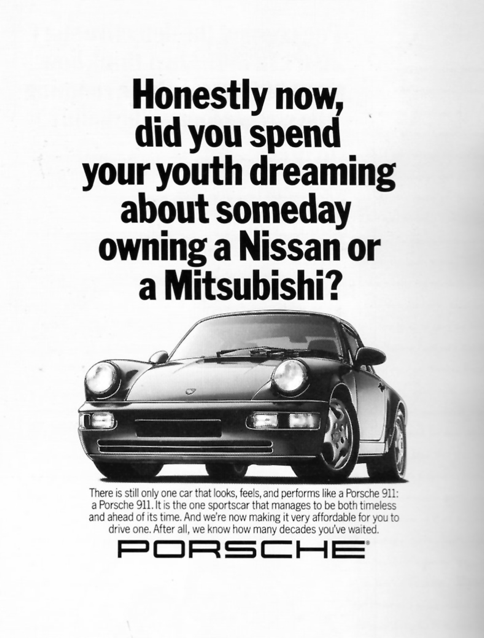- August 29, 2019
- Posted by: Raz Chorev
- Category: Misceleneous
The Great Hack is one of the most disturbing movies I’ve ever watched. I hope this is not a representation of the society we live in now, and certainly hope our children will be smart enough to understand the implications of the actions discussed in this movie, and do everything they can to fight it.
This movie disturbed me on a number of levels:
- Steve Bannon as an orchestrator of Trump’s victory, and Brexit.
- Alexander Nik and Cambridge Analytica[1] are behind the winning leadership elections in so many countries.
- The fact that elections can be bought, not only by fraud, but by getting a private enterprise to systematically manipulate the minds of voters.
- The fact that people like Brittany Keiser exist. People who’d do anything for money, including going against their own moral values, for prolonged periods of time.
I didn’t bother so much about the actual reason behind the making of this documentary – the fact that companies use information we as individuals willingly share online, for their own purposes. As a marketer, I might be biased. Maybe even a hypocrite. I’m happy to exploit demographic and psychographic data found online, to change people’s behaviour to buy certain products and services. This is not so different to what Alexander Nik, Chris Wylie and Brittany Keiser at Cambridge Analytica did to voters. Advertising is all about changing people’s behaviour. BUT…
There are many millions of companies selling billions of products and services, using data to target their audiences. That’s how marketing has evolved, and the use of various technologies helps a lot in getting a good message out there to the right people.
I do, however, draw the line at propaganda. Cambridge Analytica was a propaganda machine. It wasn’t about convincing voters that this candidate is the best thing for their country, or their people. Oh, no they didn’t!
They’ve created campaigns discrediting the competing candidates, or as they did in Trinidad and Tobago, actually created a movement to convince voters of the other party to vote with their feet and don’t go to the polls! #DoSo
We’ve learn to accept various unscrupulous election tactics in 3rd world countries. Nigeria’s 2015 elections for example, had underage voters, theft of campaign materials, buying votes, and other methods to win the election. In many other countries (including the US), we found irregularities in various elections, including presidential elections, but not limited to them.
Even in our own, 1st world countries, we find traces of those acts, but in much less frequency, and it is frowned-upon, at least publically.
They are bad, therefore we’re good
In advertising, it’s rare to see a brand creating campaigns knocking down the competition. It happens, but mainly in humour, as a tease, and not to sabotage the competition. Some examples which come to mind include Coca Cola Vs Pepsi, Audi Vs BMW, Apple Vs Microsoft, and Porsche Vs Nissan / Mitsubishi.

But in Politics – it’s exactly the opposite! It’s vicious, offensive, and downright wrong. So why those politicians still go after the other candidates, rather than actually promoting their own brands, agendas and superior qualities? Because it works…
We often hear references to citizens voting for the “lesser of two evils”. This suggest that, for many people, voting decision are based on the aversion to the candidate one does not favour rather than enthusiasm for the candidate for whom one votes. Indeed, one study suggests that in 1980 almost half of Ronald Reagan’s electoral support came from people who were voting against Jimmy Carter than for Reagan.
Anti-candidate voting was observed in the 1948, 1952 and 1968 elections too. [2]
In 2016, republican voters voted more against Hillary Clinton (53%) than for Trump (44%). Amongst Democrat supporters, the numbers were almost reversed, but it still frightening to see that 46% voted against Trump, and not for Hillary.[3]
Anti-candidate voting is one thing. It happens in the US a lot, as they have a two-party system. In other democratic countries, where there are a multiple parties and candidates, it’s harder (read – more expensive) to run an anti-candidate campaigns against multiple candidates.
Honest advertising
Good marketers can always find an angle to highlight the good things about their products. Some stick to features and benefits, some use comparisons, and some sell the dream. All reasonable and acceptable tactics (of course, there are many more…).
Not-so-good marketers will over-sell their products and their benefits. This happens way too often, and normally backfires.
With the amount of data and data sources we currently have on people, their behaviour, preferences and desires, the execution of those tactics just became more efficient. No more blanket, mass market advertising campaigns – now we can use specific messaging to people who are most likely to take action, today. This is working – you’ll notice yourself how the advertising on Facebook for example, don’t bother you so much, as they are relevant to you!
It will be difficult, but not impossible, to run anti-competition campaigns, but I doubt it will be effective, unless those campaigns are designed as humorous or tongue-in-cheek.
When it comes to politics, however, we as a democratic society must insist on Pro-candidate campaigns, and protest against any other form. I really hope we can convince people to vote for the best candidate, and not vote for lesser evil.
[1]Or SCL Group. It’s hard to know from the movie and other sources who was actually responsible for which campaign. Those names are used here interchangeably.
[2]Anti-Candidate Voting in Presidential Elections – Michael M. Gant and Lee Sigelman
[3]Source – Pewresearch.
